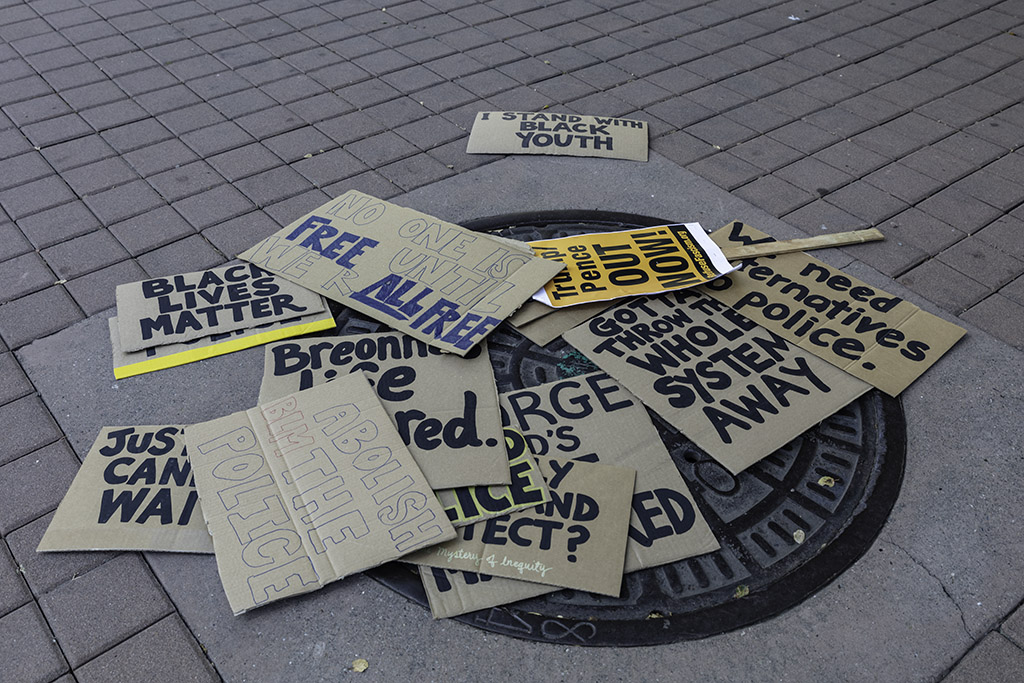Statement on SCOTUS Decision Overturning Roe
Moneythink is dismayed and deeply saddened by the U.S. Supreme Court’s recent decision to overturn the landmark Roe v. Wade ruling. This June 24th decision drastically strips away constitutional rights to basic healthcare, including reproductive care, which has been a center point of US citizenship, economic power, and security for nearly fifty years. Since the Court’s ruling we have already seen a number of states enacting triggers banning abortions altogether. Sadly, we expect to see many more states taking similar actions. In the longer term, this ruling has severe, far-reaching consequences for a number of other communities, including LGBTQIA+.
We are forced, once again, to recognize and name that gender, generational poverty, access to quality education, access to quality healthcare, access to affordable housing, and intergenerational wealth are inextricably linked. Historically marginalized individuals and low-wealth communities shoulder the heaviest burdens in our country. Overall, these communities will experience the most disastrous impacts of this Court’s decision. While the myth of the unlikely connection between student debt and reproductive justice may exist, make no mistake that both student debt and abortion restrictions obstruct current and future generations’ chance at a financially secure future. For example, student loan debt and reproductive healthcare restrictions disproportionately harm young individuals of color, especially Black women. It’s well known that the national student debt crisis burdens Black women more than their white peers, limiting their ability to build generational wealth. Furthermore, the racialized gender wage gap forces Black women to carry student loan debt for longer periods of time, and the gap increases throughout their careers, making it harder to pay off student loans. Student loan debt continues to mount as individuals progress through their adulthood. As a consequence, those who are denied abortion care and forced to carry the pregnancy to term have greater odds of living below the Federal Poverty Level. The real burden of student debt and abortion restrictions can easily compound on each other – and facing the financial consequences of each is devastating. Individuals should have the basic freedom to make decisions about their futures, the freedom to decide if and when to parent, and the freedom to control their economic well-being. While it might be easier for us to see reproductive choice as separate from our mission, the reality is that basic healthcare is a social justice issue. We cannot have one without the other.
There’s nothing that we can say that eases the sting, nor is there a magic wand that we can wave to rewind several days. However, remaining silent or doing nothing are not options. SCOTUS’s ruling will have immediate and devastating implications for members of our team, our partner organizations, and our communities. As an organization committed to social justice for all, it’s our moral obligation and societal responsibility to stand firm in our position that all people have the right to bodily autonomy and reproductive freedom.
I am encouraging our team to take the time and space needed to process this profound shift. Likewise, in the coming weeks and months, we will assess what we can tangibly do to ensure that our team members have access to essential medical services, which is critical to ensuring the well-being of our organization.
Our vision is focused on financial freedom, social capital, and an inclusive economy for all. This is not exclusive to students. Rather, we aim for a world that affords all people the resources and dignity to live their healthiest, fullest lives.
In community,
Josh Lachs








